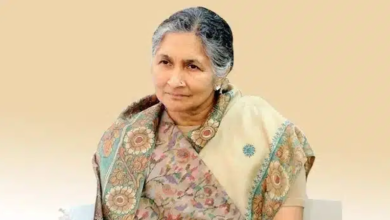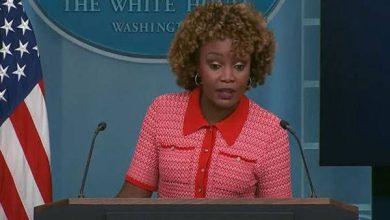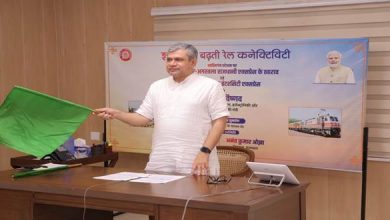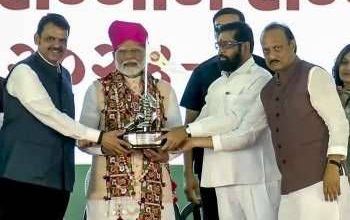Modi govt reverses decision to introduce ‘ONOE’ bills in Lok Sabha on Monday
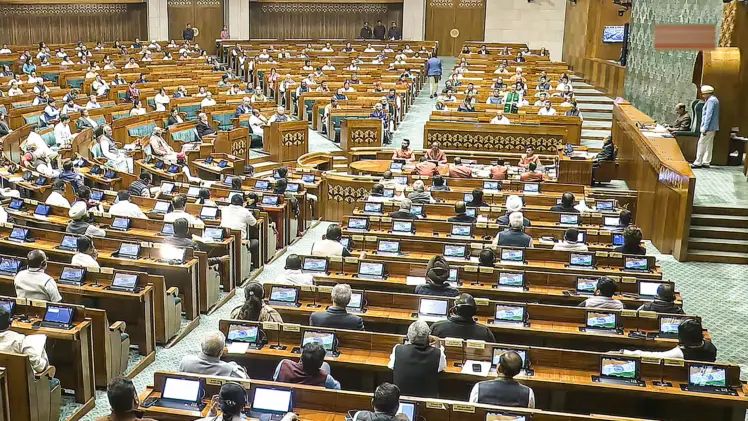
New Delhi: In a surprise move, the Narendra Modi government has reversed its decision to introduce two ‘One Nation, One Election’ bills in Lok Sabha on Monday, within hours of indicating its intention to do so.
Government sources indicated that the bills are likely to be brought later this week as they want to first pass the first batch of supplementary demands for grants before any other business. The Winter Session of Parliament is scheduled to conclude on December 20.
Major Opposition parties are against the proposal to hold simultaneous elections to the Lok Sabha and state Assemblies and they are likely to raise strong objections at the introduction stage itself.
The List of Business for Monday was published on the Lok Sabha website and it included Law Minister Arjun Ram Meghwal introducing The Constitution (129th Amendment) Bill, 2024 and The Union Territories Laws (Amendment) Bill, 2024 after 12 noon, two bills that would enable simultaneous elections to the Lok Sabha and state Assemblies.
However within hours, a Revised List of Business was posted on the Lok Sabha website omitting these two bills. Sources had earlier indicated that these bills would only be introduced and then sent to a Joint Parliamentary Committee for further scrutiny.
Only the two ONOE bills were omitted from the Revised List of Business while others remain the same. As per rules, the government can still bring the two bills on Monday through a Supplementary List of Business.
The Lok Sabha will take up the discussion and passing of the Supplementary for Demands for Grants — First Batch for 2024-25 and The Appropriation (No.3) Bill, 2024, besides The Readjustment of Representation of Scheduled Tribes in Assembly Constituencies of the State of Goa Bill, 2024.
The Rajya Sabha on Monday will start a two-day debate to commemorate the 75th anniversary of the adoption of the Constitution with Home Minister Amit Shah to initiate the discussion at 11 am.
The two proposed ONOE legislations to enable simultaneous elections to Lok Sabha and Assemblies provide for “mid-term” polls for Parliament or a state in case a government falls but it will only be for the “unexpired” portion of the five-year fixed term.
The imposition of a Model Code of Conduct in poll-bound states or regions puts entire development programmes at risk and causes disruption of normal public life-this is cited as one of the reasons for simultaneous elections to the Lok Sabha and state Assemblies.



